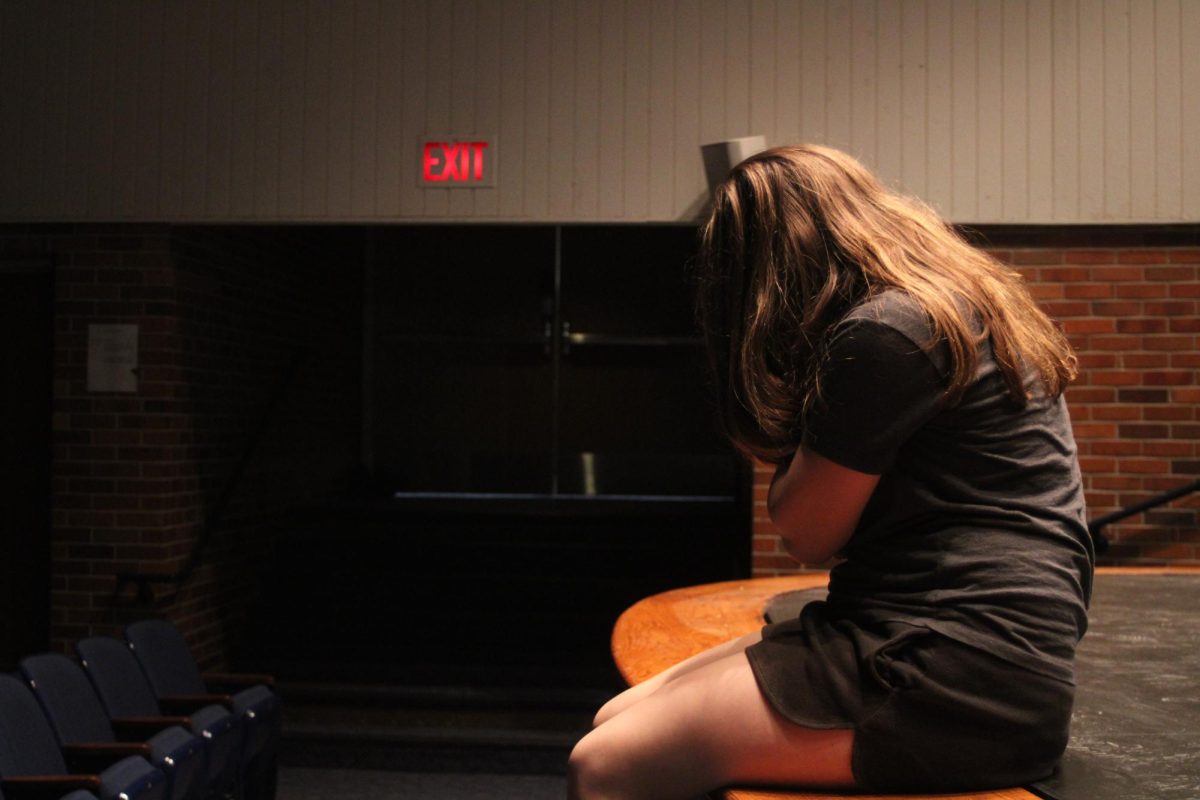Twenty six years after winning the Super Bowl with the 1985 Chicago Bears, 50-year-old Dave Duerson shot himself in the chest in February 2011. In an article in the New York Times, Alan Schwarz describes that in the months leading up to his death, “[Duerson] had complained of headaches, blurred vision and a deteriorating memory.”
He also left a suicide note requesting that his brain be donated to the NFL Brain Bank for concussion research, as he had suffered several head injuries during his career. What the Boston University team that studied his brain found was chronic traumatic encephalopathy, a disease that had been found in more than 20 de- ceased NFL players as of April 2011.
According to silive.com, 300,000 concussions are diagnosed in America each year. That’s about 830 each day, and that’s not including the hundreds that go unreported. The Oracle Editorial Board believes that so many of these concussions go un- reported because of a lack of awareness surrounding the injury, and we hope to en- courage students, coaches and parents to bring this is- sue to the forefront.
Concussions, usually caused in high-speed athletics, appear regularly at South in sports such as hockey, football, soccer, and cheerleading. According to anOracle-conducted survey of 47 athletes, 17 athletes re- ported having had a concussion. Among those 17 athletes, there were 26 concussions total, meaning some have had multiple concussions.
The Editorial Board wants to stress that leaving concussions untreated is more detrimental than many might expect, as going back to the sport that caused the concussion before being fully healed is incredibly dangerous. According to Dr. Andrew Hunt, a sports medicine specialist at the Illinois Bone and Joint Institute, concussions severely alter the normal functioning of the brain. This is especially dangerous for children and teenagers because their brains are not fully developed. Participating in a sport with a concussion can cause an increase in the severity of symptoms such as memory loss, dizziness and headaches.
According to Dustin Fink, an athletic trainer and creator of the concussionblog.com, long-term damage for untreated concussions includes learning disabilities, depression and anger-management problems. Hunt also explained that early onset Parkinson’s and Alzheimer’s diseases can also be long-term symptoms. Even though athletes, especially busy South students, may view concussion treatment as an inconvenience, untreated concussions can lead to more grave consequences. Athletes might think they’re doing their team a favor by returning to the game before full recovery; however, concussed players will only bring their team down by not being able to play to their full ability. Also, not treating a concussion properly and returning prematurely to the game may have serious repercussions in school. Missing days or weeks and then having to make up all of the homework while suffering from the symptoms of a concussion is not a pleasant action to undertake. Although it’s difficult for
a coach to determine whether the athlete wants to sit out because of a headache or a true concussion, The Editorial Board asks coaches to recognize that a player may be in danger if he appears to be injured. This suggestion goes for teammates too – do not encourage fellow players to skip out on the trainers if they think they are hurt. According to athletic trainer Brian Robinson, concussion protocol at South is very rigid yet crucial in an athlete’s recovery.
“You do not return to the athletics until you are symptom free, until you are neurocognitively back to nor- mal, until we’ve cleared you from the Clear to Play Policy, which is the same policy which is the same [test] they
use in the NFL, in all levels of sports, which is a five day policy,” Robinson said.
Robinson believes that coaches at South are responsible about upholding the protocol. Rather, he believes that the parents are among those involved in an injury who need to recognize the se- verity.
“The problem at the time is not the coaches; coaches get it be- cause they’re constantly being educated, the hard thing is the parents,” Robinson said. “When they played, you had to be knocked down to have a concussion, and it hasn’t been like that for a long time, but that’s what they remember, so it’s taking a little longer to educate the parents.”
According to the 2011-2012 Etruscan, more than half of South’s population participates in a school sport. With a student-athlete population as large as South’s, The Editorial Board would like the remind parents of the potential consequences of playing both contact and non-contact sports. According to foxnews.com, about 67,000 concussions occur in high school football games every year, and at least 50 youth football players from 20 different states have reportedly died or sustained serious head injuries since 1997. Though The Editorial Board recognizes the care of many South athletes’ parents, we hope to instill a heighted sense of concussion awareness in every family.
The consequences of undiagnosed concussions are worrisome and sometimes fatal. The Oracle applauds the athletic trainers, coaches and parents for offering their care and advice to con- cussed students. To prevent undiagnosed concussions, students must be aware of the risks and seek medical attention for any symptoms.















